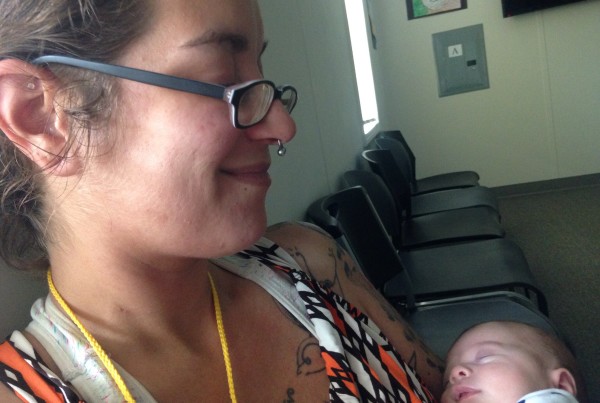Back in December, U.S. District Judge Janis Graham Jack of Corpus Christi deemed the state’s foster care system “broken.” But the challenges facing the department are nothing new, and don’t seem to be getting any better.
Budget shortfalls, heavy caseloads, high turnover of staff, and a dearth of adequate housing for children all plague the current system.
So what is next for the Department of Family and Protective Services, which oversees the child protection system? Some lawmakers from the House County Affairs Committee are taking to the road to get an idea how local communities across Texas are dealing with these challenges.
Houston state Rep. Garnet Coleman announced the plan on Monday, he’s been in the legislature for 24 years and says he’s experienced three such “debacles” since his tenure there began.
The committee has held hearings in the capital city to get a sense of the system’s needs here, but Coleman says Austin doesn’t accurately represent the rest of the state.
The committee will focus on how each region manages CPS caseloads within their communities. They’ll also be looking at caseworker turnover and investigation caseloads, aspects of the system that are continuously under criticism as much higher than nationally recommended numbers.
“We know these problems exist,” Coleman says. “Clearly the dollars necessary to lower caseloads for caseworkers are needed to be increased in order to reduce the caseloads.”
Coleman says the idea is not to have a blame game, but to find the right solutions for each area.
“Children don’t have anybody but us,” Coleman says. “We are the parents of those children … and if the state of Texas isn’t doing something about that, then those kids either suffer in the short-term or they don’t have a life in the long run.”
This is unacceptable, Coleman says.
“It’s unconscionable and the children really are at risk,” he says. “I’m not playing that down at all. … This can’t be continued and we have to have a solution and that has to occur both immediately and during the session.”
Prepared for web by Beth Cortez-Neavel.















